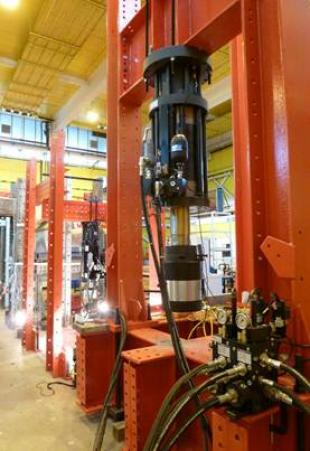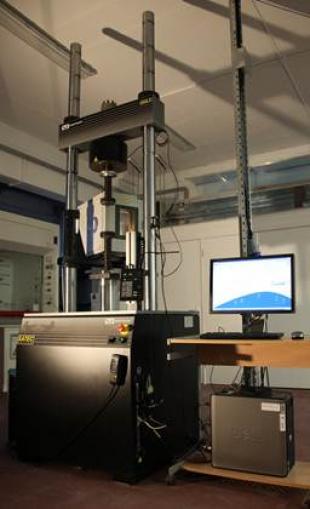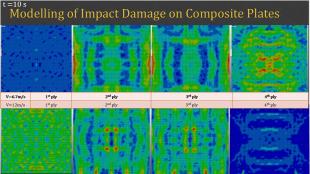Institute for Energy Systems
The Institute for Energy Systems joins researchers from the Chemical, Electrical Engineering and Electronics and Mechanical disciplines. IES conducts world-class research on the conversion, transmission and utilisation of many forms of renewable and conventional energy. It also covers the systems that control the conversion, transmission and utilisation of many forms of energy. Activities in chemical, electrical and mechanical engineering range from fundamental research to applied work and from "blue-skies" activity to pre-commercial development. Research areas include: Energy and Climate, Machines and Power Electronics, Marine Energy and Power Systems.
Institute for Materials and Processes
The Institute for Materials and Processes joins researchers from the Chemical, Electrical Engineering and Electronics and Mechanical disciplines. The objectives of the institute are to carry out world-class research on the design, synthesis, processing, properties and applications of materials, to develop relevant research tools, and to provide high quality training in research for both postgraduate students and post-doctoral researchers. Areas of research include: Biomedical Engineering, Carbon Capture, Conservation Materials Science, Extreme Conditions Science and Snow and Ice.
Institute for Integrated Micro and Nano Systems
The Institute for Integrated Micro and Nano Systems joins researchers from the Electrical Engineering and Electronics and Mechanical disciplines. Research activities range from industrially-focussed process development and low-power system-on-chip design to long-term research into circuit design, system architectures, SPAD arrays, microdisplays and novel structures on silicon. In the latter context, strong links to the life sciences exist and thus "bio-electronics" and "bio-mechanics", in several forms, now provide an area of rapid growth that links the core activities within the Institute. The Scottish Microelectronics Centre is also part of the institute. Research areas include: Microelectronics Process Development, Micro Electro Mechanical Systems (MEMS), Micro-Motions of Bone & Tissue, System-Level Integration and Technology Computer Aided Design (TCAD).
Institute for Bioengineering
The Institute for Bioengineering is a highly interdisciplinary and growing research institute, bringing together academics from all engineering teaching disciplines. We collaborate with external researchers in biology and medicine to bring engineering expertise to research and develop innovative diagnostic, therapeutic and real-time monitoring biomedical devices and technologies. Our research ranges from the scale of individual molecules to that of the human body, and includes themes such as: regenerative medicine, chemical analysis of cells and tissue, synthetic biology, bio-sensing, bio-inspired materials, bio-mechanics, and healthcare engineering. Our extensive bioengineering labs offer a wide range of equipment and support for students in their research projects.
Institute for Multiscale Thermofluids
The Institute for Multiscale Thermofluids (IMT) brings together researchers from Chemical and Mechanical Engineering. IMT's world-leading research explores multiphase, phase-change, interfacial and reacting flows of continuous and non-continuous fluids. A strong focus lies on scale-bridging phenomena, from the nano- to the macro-world. Applications include capillary flows, complex fluids, evaporation, fuel combustion, coupled heat/mass/momentum transfer, rarefied gas dynamics and wetting.





